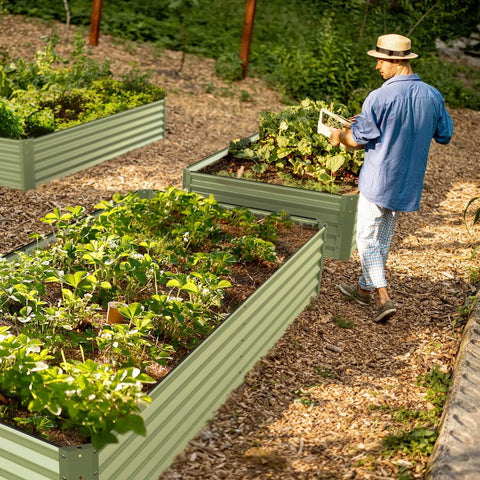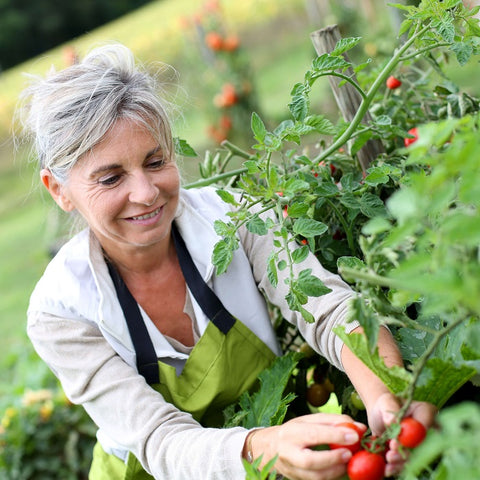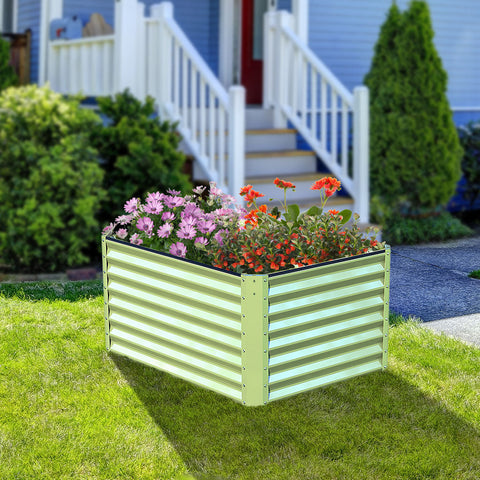Soil is the important basis of agricultural production, and soil permeability is one of the important factors that determine the healthy growth and yield of plants. However, in modern agricultural practices, the soil permeability of many fields decreases due to over-cultivation, soil compaction, and overuse of chemicals. This article aims to explore some key steps and methods to improve soil permeability to help farmers and gardeners improve soil quality, plant growth and crop yield.The following content also has some reference value for raised garden beds.
First, reduce the number of tillage
Overcultivation is one of the main causes of soil permeability decrease. Frequent tillage disrupts soil structure and causes soil particles to pack tightly, thereby reducing soil pore space and permeability. Therefore, reducing tillage can help improve soil permeability. Choosing the right tillage tools and techniques, such as using subsoiling machines or non-turn tillage methods, can reduce soil breakage and compaction and promote soil aeration. If you are planting in a pot or planter box, you can use a small gardening tool to carefully dig down the soil often.

Two, add organic matter
Organic matter has significant effect on the improvement of soil permeability. Organic materials can increase soil water holding and water retention, reduce soil compaction, improve soil structure, and thus increase soil pore space and permeability. Farmers can improve soil quality by adding organic matter such as compost, straw and livestock waste. At the same time, the decomposition of organic matter can also release carbon dioxide, promote soil microbial activity, and further promote the improvement of soil permeability.
Third, adopt crop rotation and fallow system
Crop rotation and fallow system are important means to improve soil permeability. By rotating crops, the roots of crops can grow in soils of different depths and porosity, avoiding continuous soil erosion and compaction by specific crops. Not planting crops during the fallow period gives the soil a chance to recover and repair, improving soil permeability and nutrient content.

- Rational use of chemical fertilizers and pesticides
Overuse of chemical fertilizers and pesticides is a common cause of reduced soil permeability. Excess chemicals can disrupt the microbial community in the soil and damage the soil structure, resulting in soil compaction and reduced permeability. Therefore, farmers should use chemical fertilizers and pesticides rationally and follow the proper application methods and dosages of pesticides to reduce adverse effects on soil ecosystems and maintain soil permeability.
Five, add some insects or small animals
The most commonly used is the earthworm, not afraid of small animals, if you are brave, you can buy less earthworms to improve the soil, this effect is also very good.

Conclusion:
Improving soil permeability is one of the key measures to promote healthy plant growth and increase crop yield. By reducing tillage, adding organic matter, using crop rotation and fallow, and using chemical fertilizers and pesticides wisely, soil permeability can be improved to promote soil health and sustainable agricultural development. Farmers and gardening enthusiasts can choose suitable methods to improve soil permeability according to their actual situation and conditions, so as to obtain better crop yield and economic benefits.









